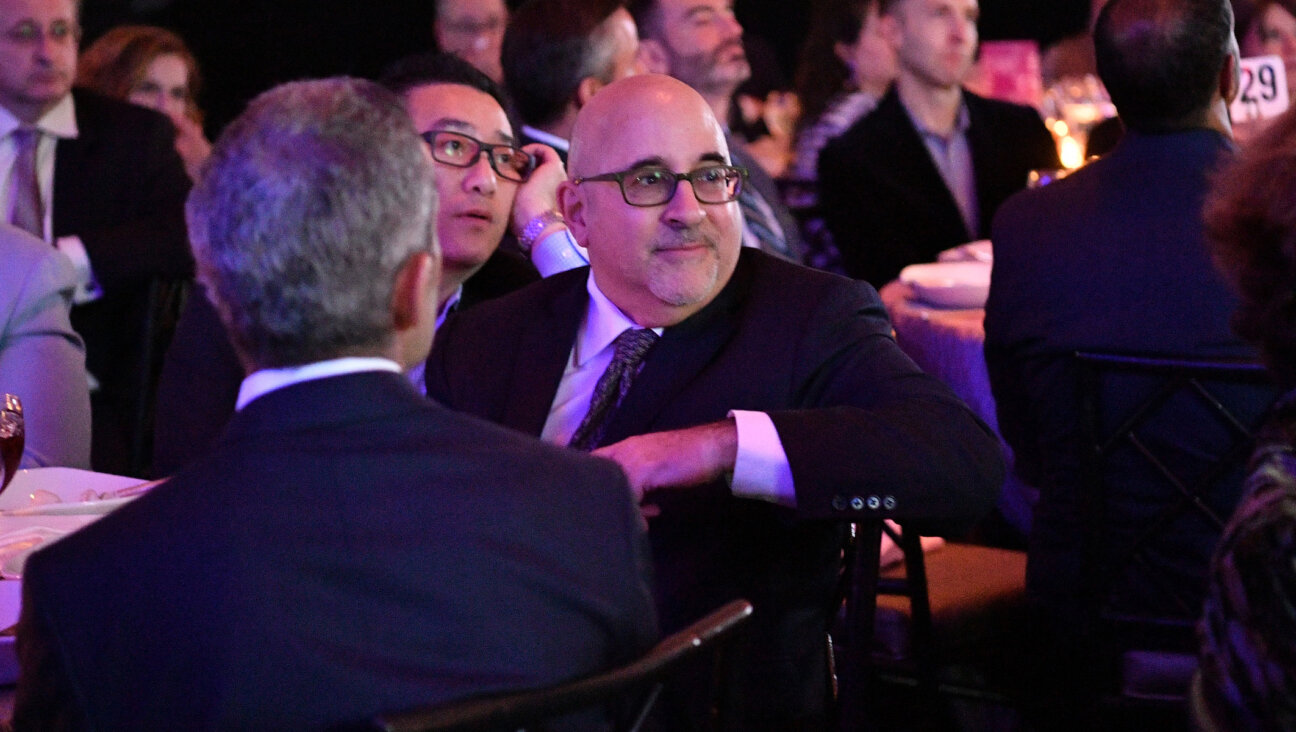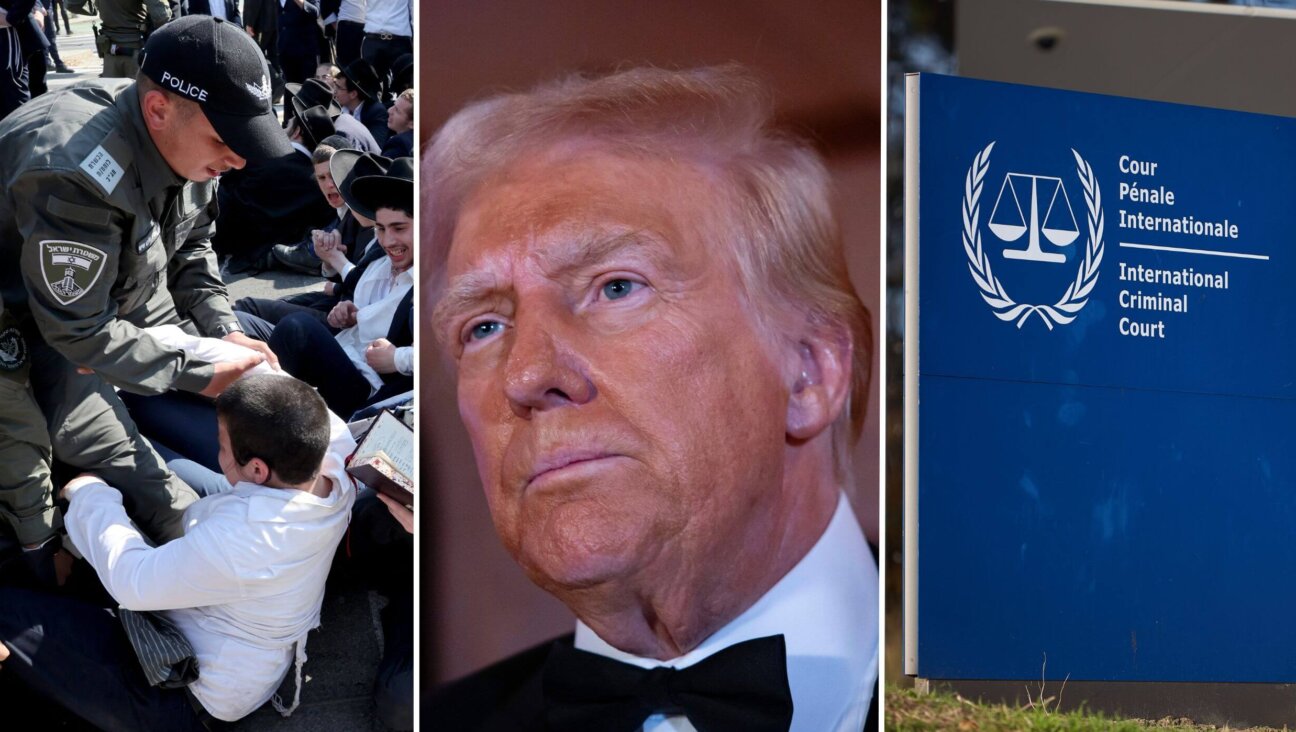U.N. UPDATE: American Jewish Groups Split on Speech
It was quite clear that U.S. President Barack Obama’s speech, which Foreign Minister Avigdor Lieberman said he “would sign with both hands,” would draw mixed reactions. Its failure to go into details about the Israeli-Palestinian issue was assumed to be due to a combination of re-election concerns and those of slipping Jewish support.
But the U.S. Jewish organizations provided varying – in some cases even polar – responses to the speech.
The National Jewish Democratic Council (NJDC), which recently launched a new website explaining Obama’s support for Israel, took the speech as an opportunity to claim that all the “political chatter” doubting the president’s support for Israel should be “put to bed once and for all.”
“As he has proven throughout his presidency, President Obama supports Israel and its people instinctively. Israel truly has no better friend in the world today,” NJDC leaders Marc Stanley and David Harris said in a joint statement Wednesday.
“On behalf of the National Jewish Democratic Council’s Board of Directors and leadership, we wish to express our thanks to President Barack Obama for passionately and eloquently standing up for Israel and the Jewish State’s security needs at the United Nations today,” they said.
The American Israel Public Affairs Committee (AIPAC) welcomed the speech. “AIPAC appreciates the President’s “unshakeable” commitment to Israel’s security and his clear statements outlining the daily dangers and strategic threats facing Israel. President Obama demonstrated his understanding of Israel’s legitimate requirements when he stated that the Jewish people – in their historic homeland – deserve recognition and normal relations with their neighbors,” the Jewish lobby said.
American Jewish Committee (AJC) Executive Director David Harris said “President Obama’s message was crystal clear that the only path to sustainable peace is direct Israeli-Palestinian peace talks, not what goes on in the corridors of the UN.”
The Conference of Presidents Chairman Richard Stone and Executive Vice Chairman Malcolm Hoenlein welcomed Obama’s comments at the opening session of the UN General Assembly in support of direct negotiations, and his rejection of solutions imposed by outside parties, unilateral moves, or one sided declarations at the United Nations.
“The President correctly and clearly identified Israel’s security needs and challenges,” said the Conference of Presidents heads.
“The President said that “the Jewish people have forged a successful state in their historic homeland” and that “Israel deserves recognition.” We specially note this formulation not only because it reaffirmed a historic truth but also because many in the hall he was addressing have sought to deny Israel’s ancient and constant connection to the land and others have refuse to recognize it as the Jewish State,” their statement continued.
“We hope that other leaders will listen to President Obama’s words and heed his warnings,” they said, adding, “Most of all, we hope that the automatic majority against Israel at the UN will come to consider the danger to that institution and to the cause of peace that results from a blanket acceptance of anti-Israel measures no matter how unjustified they may be.”
Jewish Council for Public Affairs President Rabbi Steve Gutow praised Obama for saying the United States is dedicated to achieving peace through bilateral negotiations.
“He (Obama) understands that peace is a cooperative venture. It needs leaders, partners, supporters, witnesses, and principled advocates. No sustainable peace can be achieved alone,” said the Rabbi. “The path to peace is paved with compromise and cooperation, not unilateralism.”
But on the left side of the map, the disappointment was palpable.
Americans for Peace Now President and CEO Debra DeLee said Obama’s speech, while saying the Americans support peace, offered little hope to Israelis and Palestinians.
“Israelis want and deserve peace and security as much as anyone in the region. Palestinians want and deserve freedom and self-determination as much as Egyptians, Tunisians, or Libyans. The United States cannot maintain credibility as the standard-bearer of rights and freedoms while the Israeli-Palestinians conflict is left to fester,” said DeLee.
DeLee called upon the U.S. President to use his time at the United Nations this week as an opportunity to bring the Israelis and Palestinians back to negotiations. “Only this can re-establish and re-assert U.S. credibility and re-inject hope for an end to this conflict,” she said.
J Street rejected the Palestinian UN bid, but its President Jeremy Ben-Ami said in a statement that Obama was right to say there is “no shortcut” to ending the Israeli-Palestinian conflict and that Obama must turn this “crisis” into “an opportunity to jumpstart meaningful diplomacy that yields results.”
A message from our Publisher & CEO Rachel Fishman Feddersen

I hope you appreciated this article. Before you go, I’d like to ask you to please support the Forward’s award-winning, nonprofit journalism so that we can be prepared for whatever news 2025 brings.
At a time when other newsrooms are closing or cutting back, the Forward has removed its paywall and invested additional resources to report on the ground from Israel and around the U.S. on the impact of the war, rising antisemitism and polarized discourse.
Readers like you make it all possible. Support our work by becoming a Forward Member and connect with our journalism and your community.
— Rachel Fishman Feddersen, Publisher and CEO























